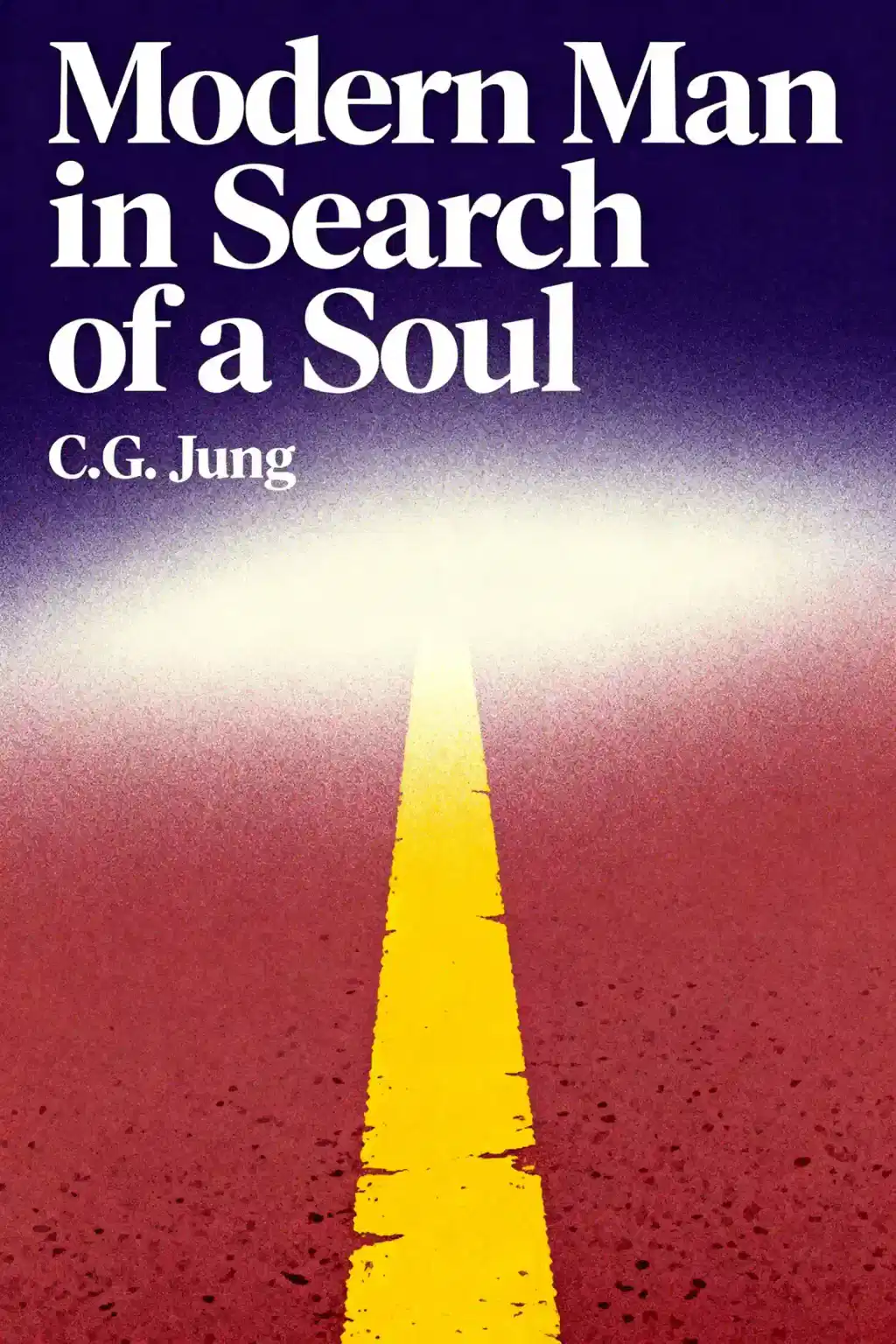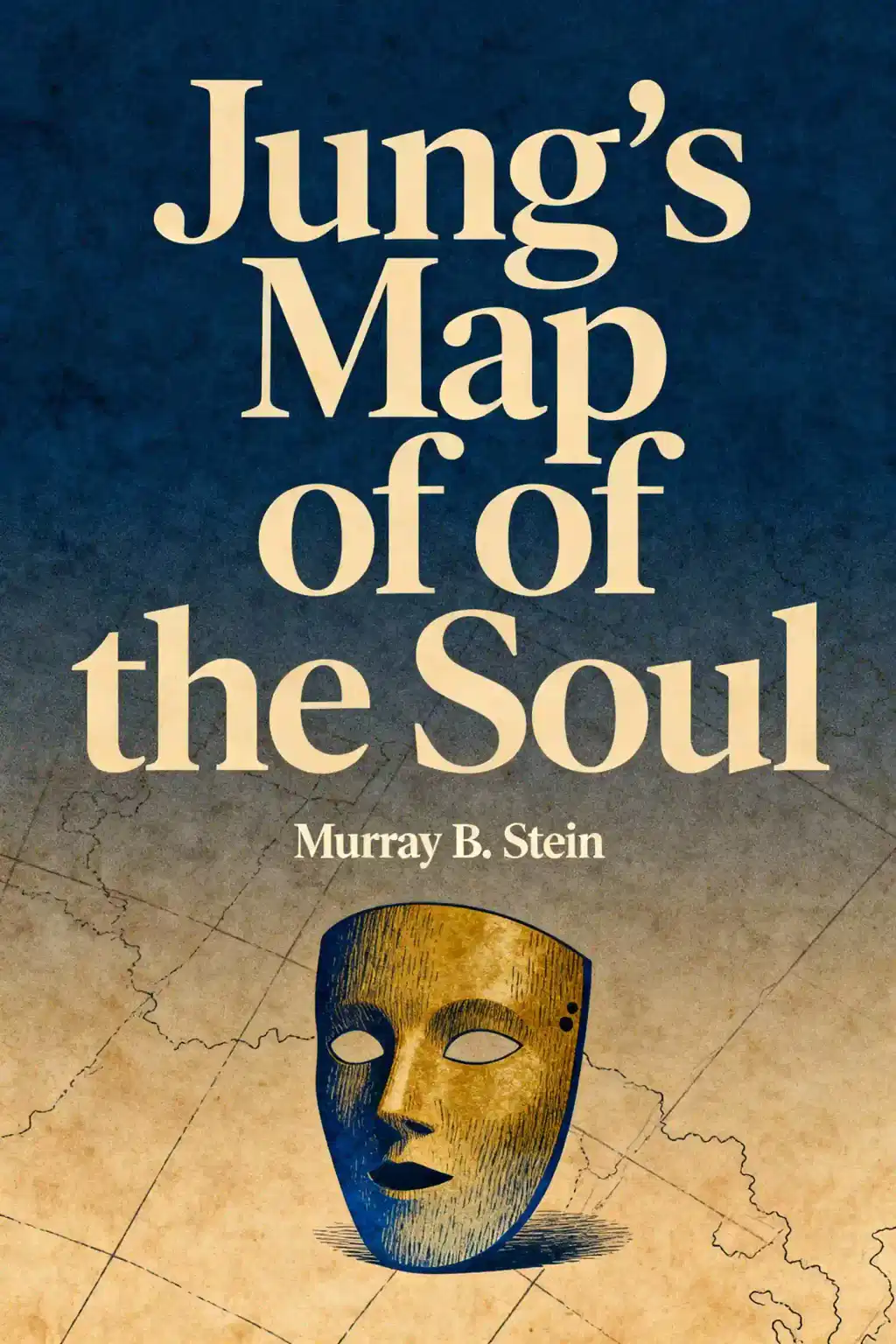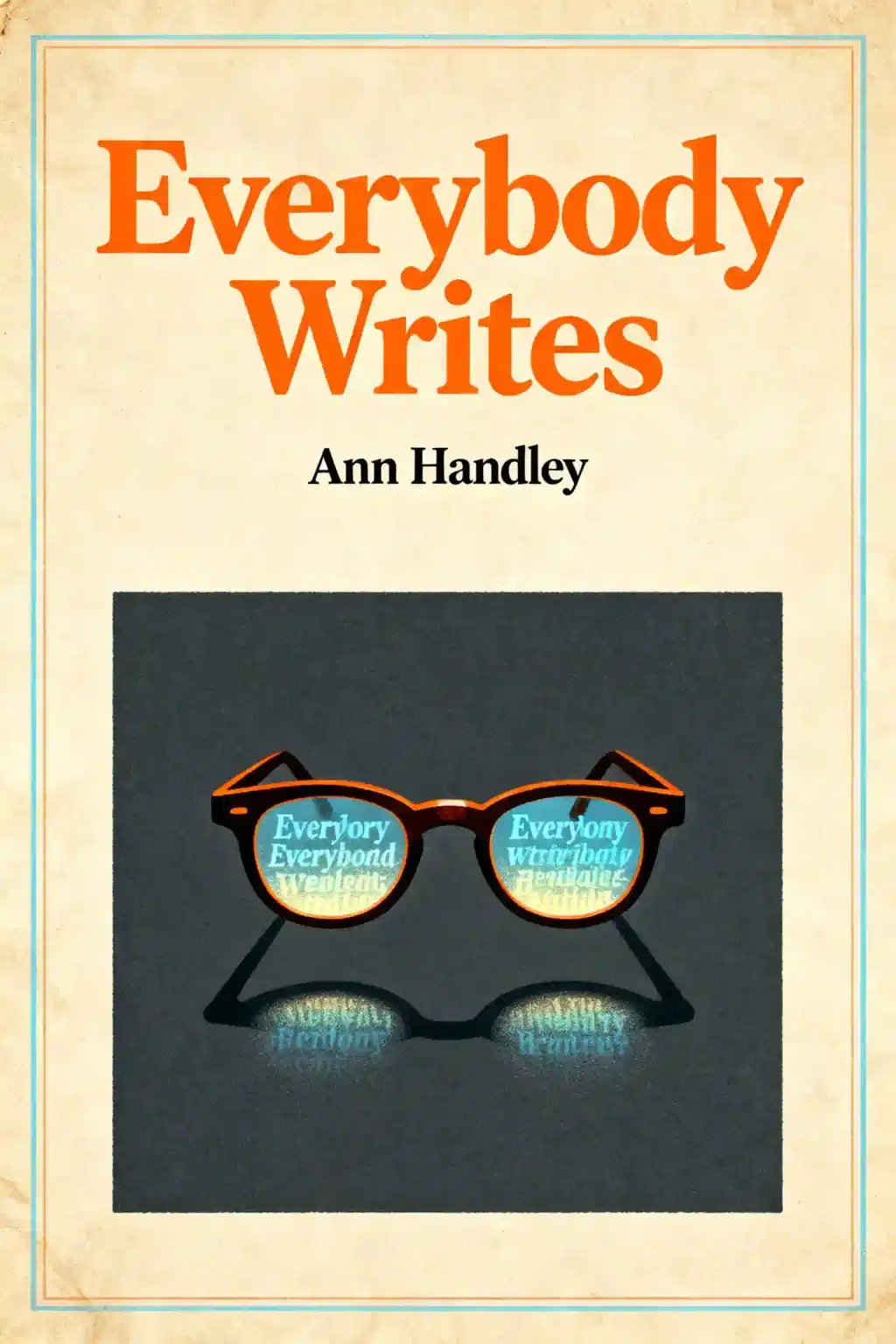
Modern Man in Search of a Soul by C.G. Jung Summary
Overview of Modern Man in Search of a Soul
Jung's prophetic exploration of modern spiritual crisis remains psychology's Beatles-equivalent after nine decades. Why do Jordan Peterson and countless seekers still turn to this 1933 classic? Because when traditional religion falters, Jung's roadmap to the soul becomes indispensable.
Similar books to Modern Man in Search of a Soul
Feel the book through the author's voice
Turn knowledge into engaging, example-rich insights
Capture key ideas in a flash for fast learning
Enjoy the book in a fun and engaging way
Key takeaways
The Soul's Hidden Labyrinth: Jung's Map of Modern Consciousness
In a world increasingly dominated by technology and rationalism, we find ourselves strangely hollow-materially rich yet spiritually impoverished. This paradox sits at the heart of Jung's masterpiece. Writing between two devastating world wars, Jung recognized that Western civilization faced not just political crisis but spiritual bankruptcy. The modern soul, unmoored from traditional religious frameworks yet still hungering for meaning, wanders in search of something that material progress cannot provide. This search isn't intellectual curiosity-it's an existential necessity. As we hurtle through our own era of technological revolution and spiritual questioning, Jung's insights remain startlingly relevant. What happens when we lose our connection to the deeper currents of psychic life? Where do we turn when science explains everything except what matters most?
Dreams: Messages from the Depths
The Four Stages of Soul-Making
Following Nature's Hidden Path
The Compass of Personality
Life's Journey Through the Seasons
The Collective Unconscious: Our Shared Heritage
Quick Summary Mode - Read or listen to Modern Man in Search of a Soul Summary in 10 Minutes
Break down key ideas from Modern Man in Search of a Soul into bite-sized takeaways to understand how innovative teams create, collaborate, and grow.
Flash Card Mode - Top 10 Insights from Modern Man in Search of a Soul in a Nutshell
Distill Modern Man in Search of a Soul into rapid-fire memory cues that highlight Pixar’s principles of candor, teamwork, and creative resilience.

Fun Mode - Modern Man in Search of a Soul Lessons Told Through 22-Min Stories
Experience Modern Man in Search of a Soul through vivid storytelling that turns Pixar’s innovation lessons into moments you’ll remember and apply.
Personalize Mode - Read or listen to Modern Man in Search of a Soul Summary in 0 Minutes
Ask anything, pick the voice, and co-create insights that truly resonate with you.

From Columbia University alumni built in San Francisco
"Instead of endless scrolling, I just hit play on BeFreed. It saves me so much time."
"I never knew where to start with nonfiction—BeFreed’s book lists turned into podcasts gave me a clear path."
"Perfect balance between learning and entertainment. Finished ‘Thinking, Fast and Slow’ on my commute this week."
"Crazy how much I learned while walking the dog. BeFreed = small habits → big gains."
"Reading used to feel like a chore. Now it’s just part of my lifestyle."
"Feels effortless compared to reading. I’ve finished 6 books this month already."
"BeFreed turned my guilty doomscrolling into something that feels productive and inspiring."
"BeFreed turned my commute into learning time. 20-min podcasts are perfect for finishing books I never had time for."
"BeFreed replaced my podcast queue. Imagine Spotify for books — that’s it. 🙌"
"It is great for me to learn something from the book without reading it."
"The themed book list podcasts help me connect ideas across authors—like a guided audio journey."
"Makes me feel smarter every time before going to work"
From Columbia University alumni built in San Francisco

Get the Modern Man in Search of a Soul summary as a free PDF or EPUB. Print it or read offline anytime.










